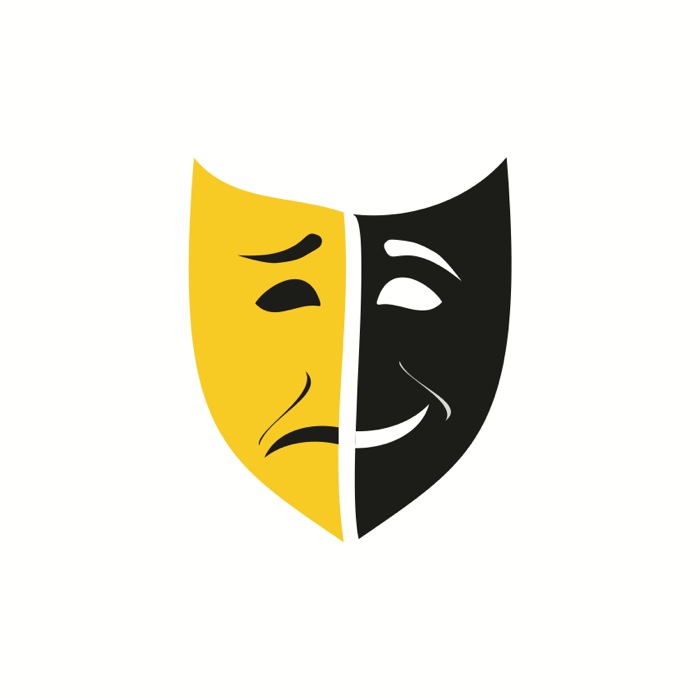I once worked with a friend who would drive me crazy in meetings.
In the first five minutes of a meeting, he would argue fiercely for a viewpoint and set the tone for the conversation. Once the meeting was going, and the tide was turning in his direction (after much effort and mind-bending on the part of the rest of us), he would begin to change his tone and would shift to the opposite viewpoint! Suddenly, he was arguing against everyone else in the room, and worse, against the idea that he’d so vigorously fought to win the rest of us to adopt.
One day, I pulled him aside and told him that I found his waffling ways frustrating.
“Todd, I’m not waffling,” he told me, “I’m refining. I want to make sure I’m not missing something.”
He went on to explain that the reason he would shift back and forth was to ensure that all sides of the idea were being discussed with equal effort.
“If I don’t do that, especially as the leader, then I am not doing my job to make sure that we’re getting to the best idea, not just the most convenient.”
It is challenging to argue against yourself. Once you’ve determined a course of action, it’s much easier to jump into execution mode and figure it out as you go. However, in the effort to “ship fast” we often fail to lay a sturdy foundation for our work, and the results can be disastrous. Shipping early shouldn’t be equivalent to thoughtlessness. You need to ensure that you are respecting the work by giving it your best mental effort.
When you come up with a great idea:
– Spend time thinking about the opposite viewpoint. If you were going to make an argument against it, what would it be?
– Find someone to play “devil’s advocate”. Ask them to challenge you with questions that provoke doubts and poke holes in your idea.
– Pause – just for a moment – before execution. Why? Because the initial excitement over an idea can lead to ignoring obvious blemishes and result in substandard work.
I am not advocating being overly negative or pessimistic, especially when you are leading others. Don’t be the person no one wants in the room.
Rather, I’m encouraging you to have a fully-engaged, well-structured look at the idea before jumping into execution mode. An ounce of preventative action now is worth a pound of corrective action later.




Great advice Todd. Having been a creative professional for over 30 years, I was part of creative teams before the dawn of computers. The piles of layout pads, yellow pads and dried up markers were the output of a fulfilling creative process that went through rounds and rounds of refinement. Today, computer technology has made it so easy to whip up solutions that look “refined,” it’s hard to convince young creatives that a solution isn’t necessarily strong just because it was easy to build on screen. There is no substitute for a creative process that includes exploration and the vetting of alternatives. Even if we end up where we started…with that first idea.
Jim – something I think young creatives struggle with is patience. We want immediate results too often and we sacrifice the vetting process you mention above for the immediate results. It is a good reminder that we need to truly refine the creative results. Maybe even committing to not making a decision before a certain time has elapsed.
Putting a time frame on it is a good idea Chris!
I had a design teacher who required that students come up with TEN ideas for every project, and then go through an examination process in which every idea had to be evaluated before they could commit to any one. Time-consuming, yes, but an exercise worth doing to build that muscle of discernment about what will really work.
Love this, Todd. I wrote a post yesterday and a good friend challenged a point I made from the opposite view point. It made me think and I wrote a part two to the post with a more refined view this morning.
Definitely learned this lesson. Not to just run with my limited view everytime. Much better to look at it from a different angle, ask other people’s opinion, and see what the idea could be. I think It allows more people to connect with what you make.
Thanks for sharing!